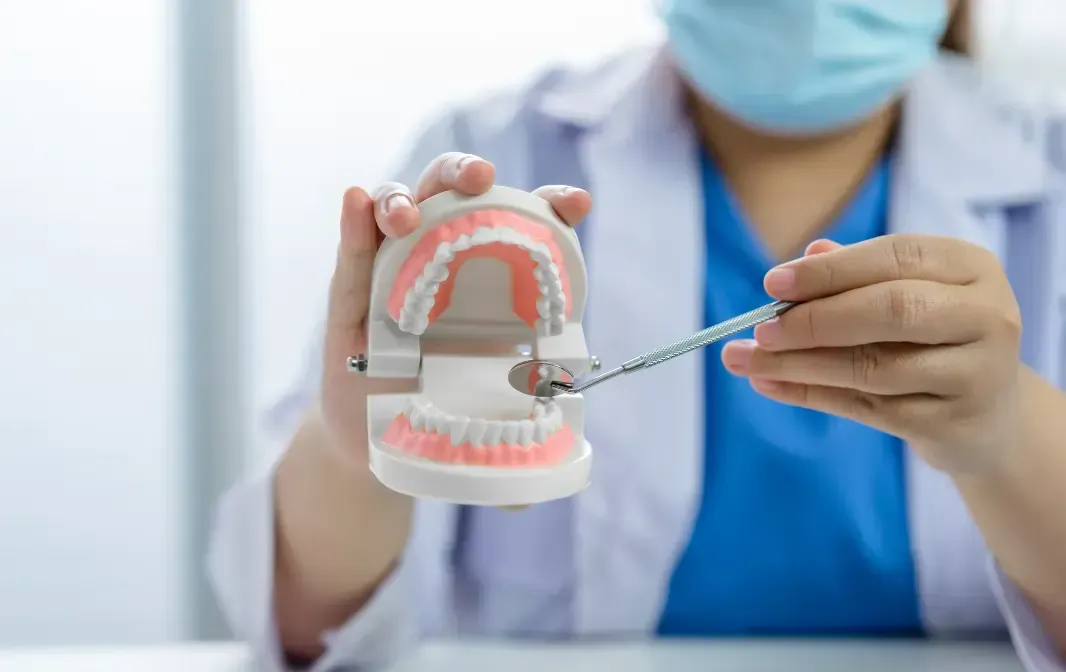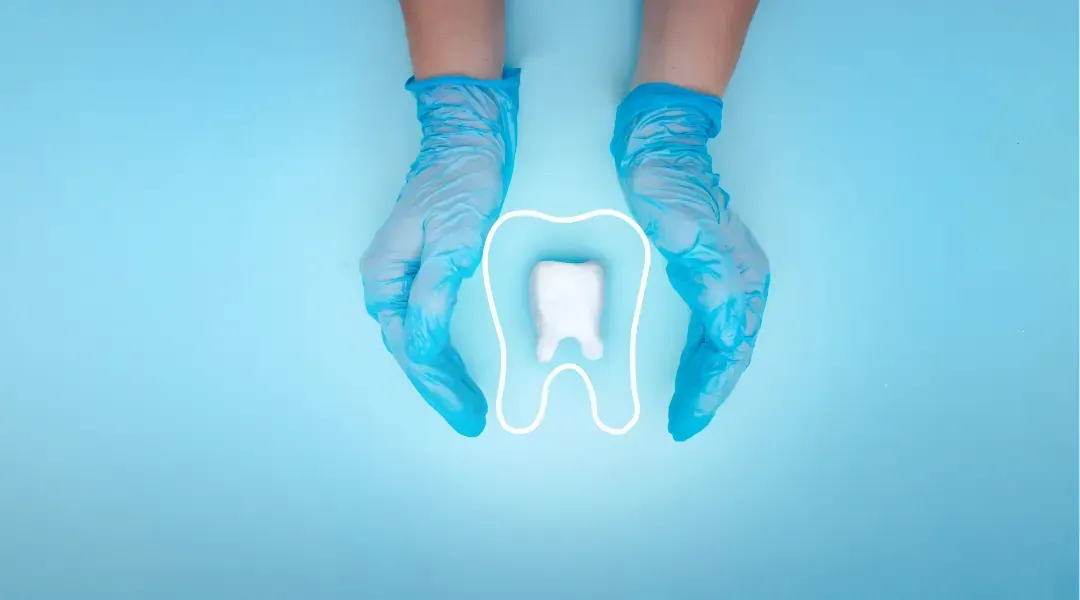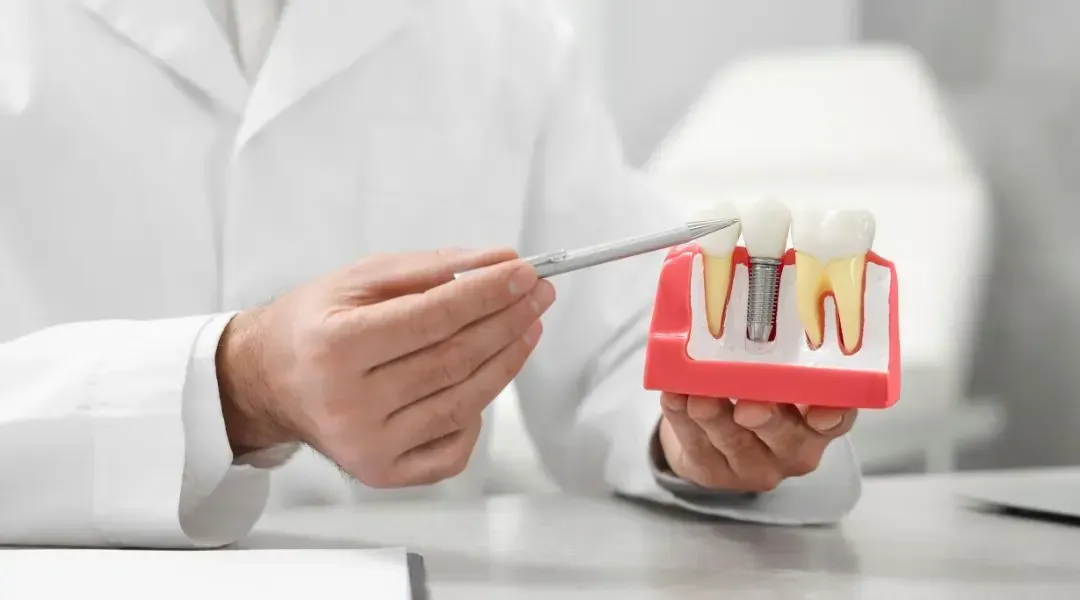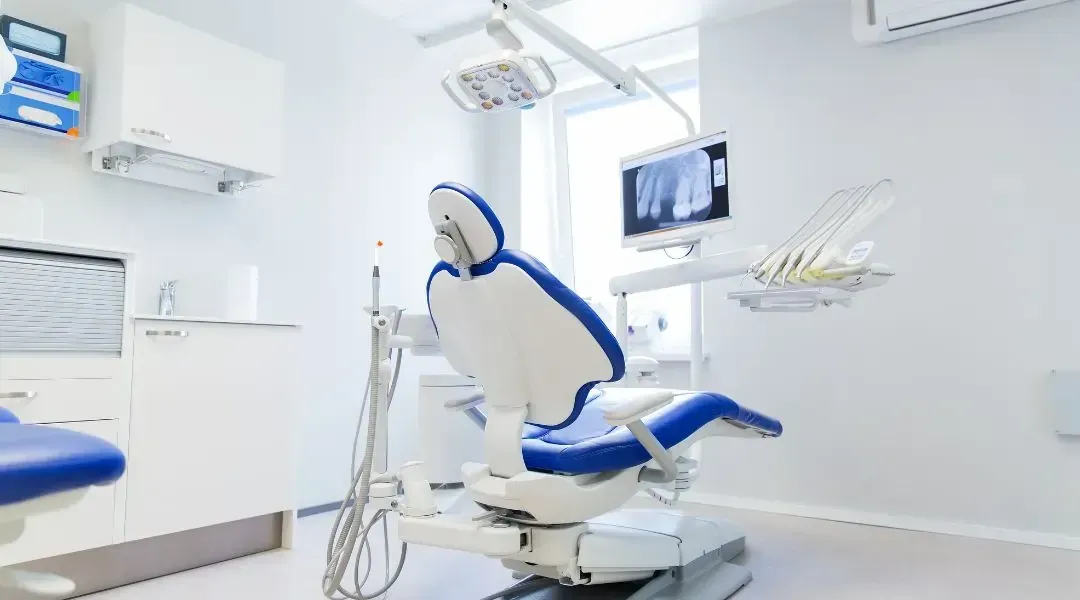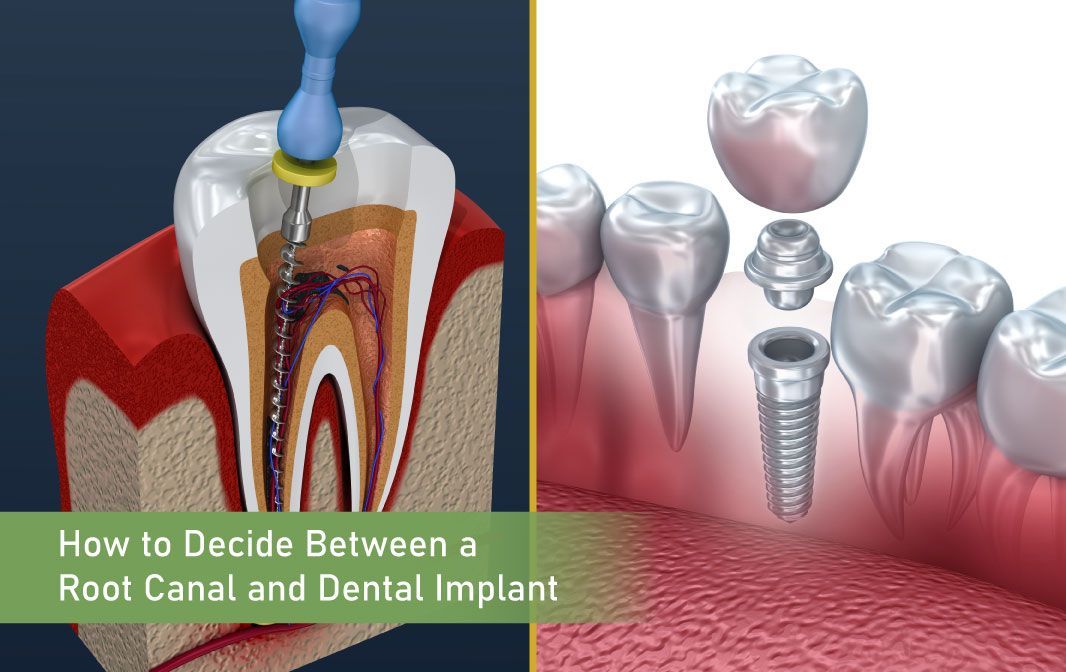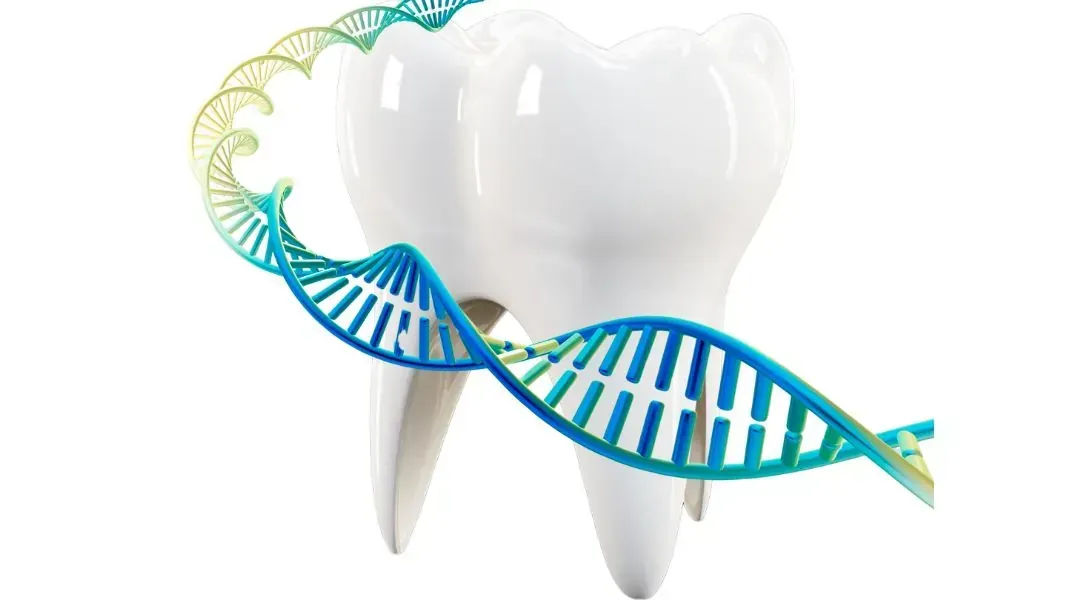10 Surprising Facts About Teeth Grinding
Bruxism, or teeth grinding/jaw clenching, is becoming a more popular dental diagnosis, especially in middle aged adults. While you may have heard of teeth grinding or even know someone affected by it, you may not know all these surprising facts!
1 – There are two different types.
One type of bruxism occurs when you clench your jaw and grind your teeth while you are awake and more aware of it happening. The other type happens overnight while you are asleep so you may not have any idea that it is happening.
2 – Bruxism does not always cause adverse effects.
In mild cases, teeth grinding or jaw clenching may not be noticeable and won’t actually cause any damage or pain. However, there are times when it can cause breakdown in your teeth and pain in your jaw or neck.
3 – Bruxism can present like an earache.
Do you have ear pain that you swear is an earache, but doctors keep saying your ears are fine? Interestingly enough, bruxism can cause pain very similar to an earache!
You can also have pain in your jaw and neck or even in your teeth.
4 – Bruxism can change your sleep.
One of the side effects of bruxism, the version that occurs at night, is a disruption in your usual sleep pattern. This could look like feeling more tired in the morning or just waking up more in the night.
People who suffer from bruxism are more likely to snore or suffer from sleep apnea, which also affects the quality of your sleep.
5 – Children often get bruxism.
Bruxism is very common for young children; however, it doesn’t tend to last long and is almost always something they grow out of. Just because of their age, children are at higher risk for it.
Children who do suffer from bruxism usually aren’t treated for it since it doesn’t last – however, adults who suffer from it can.
6 – Bruxism can run in your family.
Another risk factor for bruxism is genetics. If you have a family history of bruxism, guess what? You are at increased risk of having it as well.
Just because your mom grinds her teeth does not mean you will too – it is just a risk factor to keep in mind.
7 – Increased emotions can lead to bruxism.
If you have changes in your stress levels, anxiety, or even your usual anger levels, you are at an increased risk of bruxism. Even personality types that tend to be more angry or aggressive are more at risk of bruxism.
8 – In some cases bruxism can be treated by reducing stress and anxiety.
One of the leading triggers of bruxism today is stress and anxiety. And the treatment? It is not always a dental treatment. In many cases, simply treating the stress and anxiety at the root cause can help reduce bruxism or make it go away.
Some ideas for reducing your stress and anxiety are going to therapy, starting to meditate, and doing daily gratitude lists.
9 – Bruxism can require dental work.
In extreme cases of bruxism, your teeth can get worn down to the point where it is hard for you to chew regularly. In these rare cases, we would opt to perform some dental reconstruction to get you back to a place where your teeth can chew like they used to.
10 – Preventative care is always the best.
As with everything tooth related, the best treatment plan is preventative care. This means that you stay on top of your dental hygiene, but also schedule regular dental exams. With these exams we can look at your teeth and jaw to evaluate for any differences, especially over time. We can catch things, like bruxism, before they get too bad.
If you are suffering from any type of jaw pain or tooth sensitivity and are at a higher risk for bruxism, schedule an appointment today!

